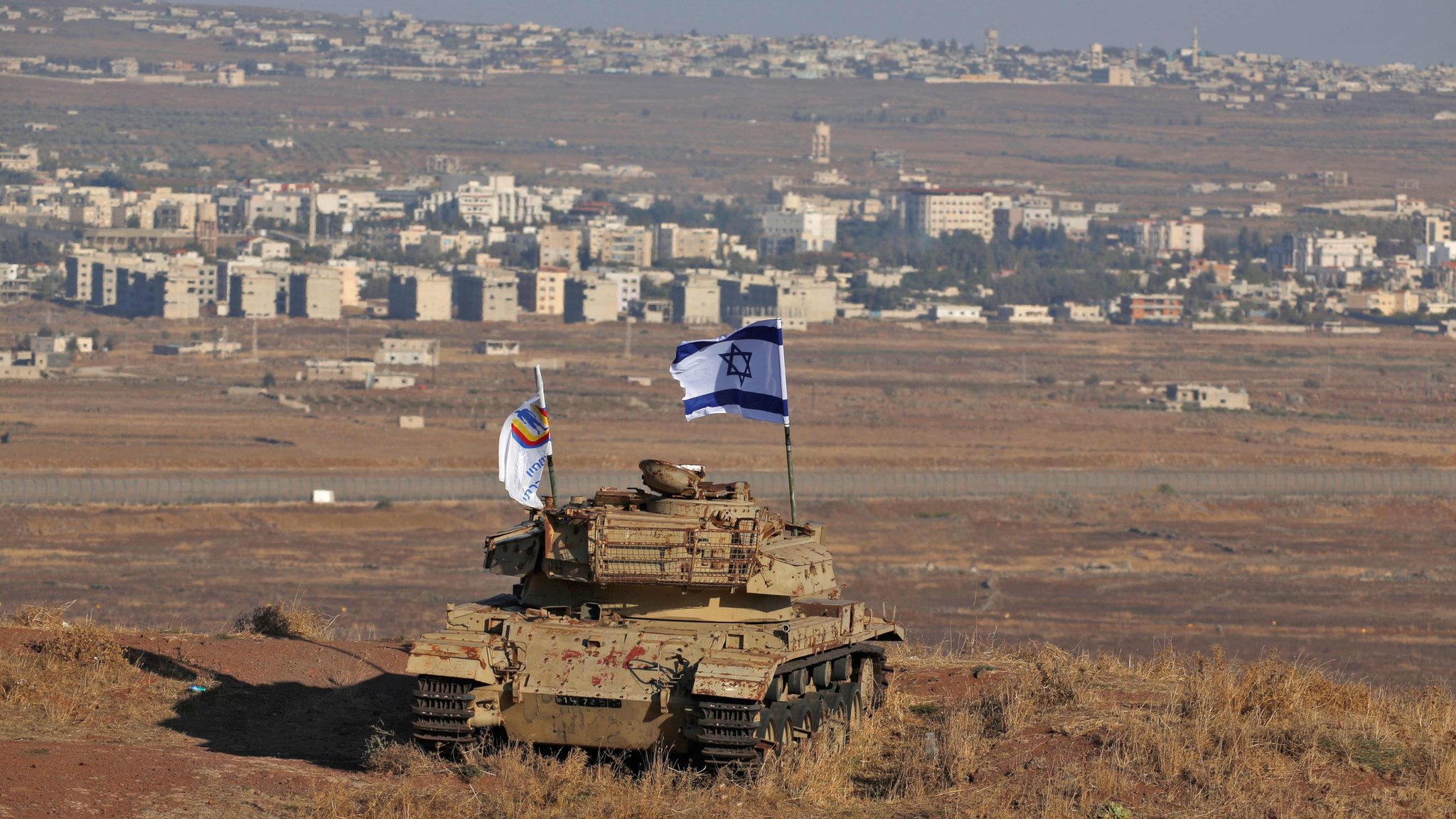
Tensions have escalated dramatically in the Middle East as Israeli forces have intensified their cross-border raids into Lebanon and Syria, targeting key figures in militant organizations. The latest wave of attacks highlights a pattern of increasing aggression, raising concerns about a broader conflict in the region.
Yesterday, on Thursday, July 18, the Israeli army announced a targeted operation against Muhammad Jabara, a prominent leader of the Islamic Resistance Movement (Hamas) in Lebanon. According to Avichay Adraee, the Israeli army spokesperson, the strike took place in the Bekaa region and was aimed at undermining Hamas’ operational capabilities on Israel’s northern border. Adraee claimed Jabara was responsible for orchestrating several attacks against Israel.
Hamas confirmed Jabara’s death, referring to him as a martyr who perished during what they termed the Al-Aqsa Flood battle. They also accused Israeli aircraft of carrying out the assassination in Western Bekaa. Lebanon-based Jamat al-Islamiyyah and its military arm, the Fajr Forces, echoed these sentiments, condemning what they called a “cowardly Zionist raid.”
This attack is part of a broader pattern of Israeli actions targeting militant leaders in Lebanon. In January, Israel conducted an airstrike that killed Saleh Al-Arouri, a Hamas leader, in Beirut, along with two other commanders from the Al-Qassam Brigades. More recently, in July, Israeli forces assassinated Hezbollah field commander Muhammad Nimah Nasser in a similar airstrike.
The increasing frequency of these raids has not gone unnoticed by Hezbollah’s Secretary-General Hassan Nasrallah. In a recent speech, Nasrallah issued a stern warning to Israel, suggesting that further incursions would be met with severe retaliation, including missile strikes on previously untouched targets. He emphasized that the resistance in southern Lebanon would persist as long as aggression against Gaza continued.
The situation has also drawn international attention. Iranian Foreign Minister Ali Bagheri recently threatened that Lebanon would become “a hell from which there is no return” for Israeli forces. Additionally, Hezbollah’s Executive Council head, Hashem Safi al-Din, declared that Lebanon was prepared for an “all-out war with Israel,” predicting the “swift demise of the Israeli state” if such a conflict were to escalate.
On the ground, Israeli operations have been marked by significant civilian casualties. An Israeli raid on Thursday evening resulted in the deaths of six people, including a Hezbollah field commander, in southern Lebanon. The targeted leader, Ali Jaafar Maatouq, was mourned by Hezbollah, which vowed continued resistance.
In parallel, Israeli forces have also been active in Syria. Early Friday morning, July 19, Israeli troops entered the Quneitra countryside and abducted a Syrian citizen, Ali Suleiman Al-Assi. This follows a pattern of similar incursions, including a raid in May where Israeli forces bulldozed agricultural lands in Quneitra. These actions are reportedly part of the Sufa Road Project, aimed at establishing a new border strip.
The cross-border raids into Lebanon and Syria, combined with ongoing clashes and daily bombardments, have led to a volatile and precarious situation. Both Lebanese and Palestinian factions, primarily Hezbollah and the Jamat Islamiyyah, have responded with retaliatory strikes, further escalating the conflict.
Despite international calls for a ceasefire, Israel continues its military operations, arguing they are necessary to protect its borders and citizens. However, the continued aggression and the high civilian toll have led to widespread condemnation and fears of a broader regional war.








